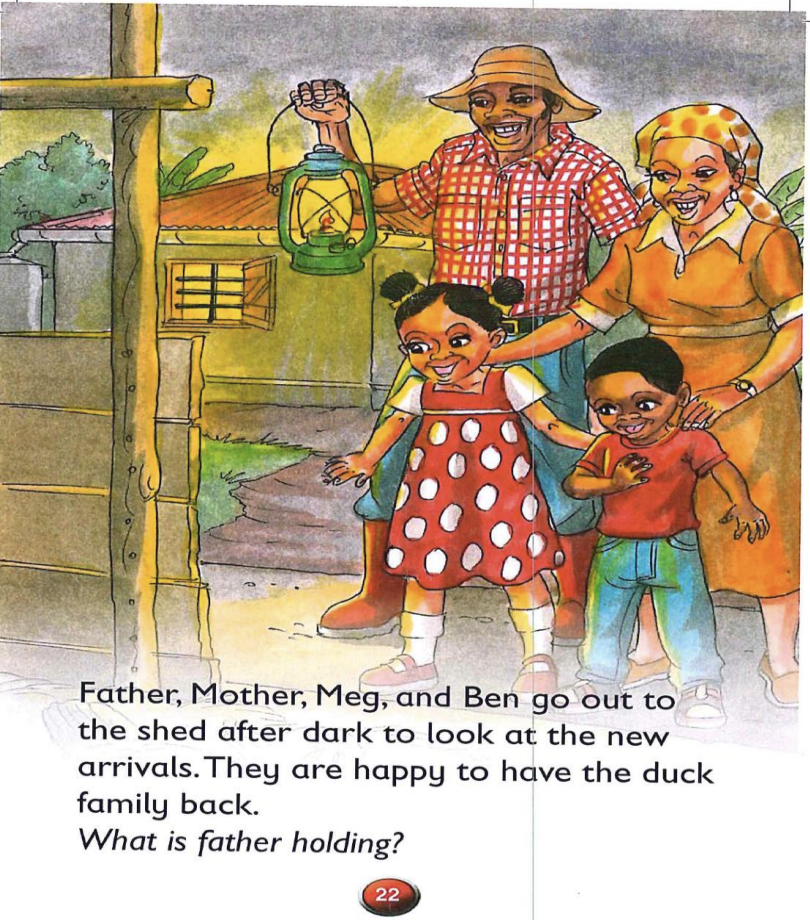Storybooks Promote Early Childhood Literacy in Kenya

Storybooks and parental engagement are essential in building children’s language and vocabulary skills, cognitive development, and school readiness. However, according to the United Nations, 97 percent of households in Sub-Saharan Africa have two or fewer children’s books.[1] The lack of these resources may contribute to the region’s low child literacy levels. Even in Kenya — one of Africa’s best-educated countries — children have few opportunities for reading experiences outside of the classroom before they reach primary school, especially in rural areas. A 2011 survey in Kisumu County in western Kenya found that 84 percent of children under the age of five lived in homes without a single children’s book.[2]
Researchers developed an intervention in Kisumu County to distribute storybooks to households and provide training to caregivers about how to engage with their children while reading. Households received six Kenyan books with text and colored pictures: two in English, two in Swahili, and two in the local language Luo. A total of 357 caregivers and 510 children aged 2-6 participated in the intervention. Outcomes of interest included children’s language development skills and frequency of child-caregiver reading interactions.
Results showed that the distribution of storybooks and importantly training in how to talk about the story increased the likelihood of caregivers reading to their children and increased children’s comprehension of the books. The caregiver training increased the frequency and quality of child-caregiver reading engagement as well as children’s knowledge of book-related vocabulary words. Additional training did not have an impact on outcomes, however, indicating that one training session was sufficient to increase caregivers’ engagement. While there were no overall differences in the intervention’s effectiveness by caregiver literacy, children of illiterate caregivers experienced the largest increase in storybook-related expressive vocabulary.
Sources
1. Keeley, Brian, and Céline Little. The State of the Worlds Children 2017: Children in a Digital World. UNICEF. 3 United Nations Plaza, New York, NY 10017, 2017.
2. Kenya National Bureau of Statistics and United Nations Children’s Fund (2011). Multiple Indicator Cluster Survey 2011, Nyanza Province. Accessed at microdata.worldbank.org/index.php/catalog/2660.












